Lampedusa is an island that is, at once, blessed and cursed by its own position - a speck on the map, part of Italy, but actually marooned between North Africa and mainland Europe.
Tunisia is only 80 miles from this island. For those wanting to migrate from Africa to Europe, it is a familiar destination.
We are in a boat just a few miles from the shore when we spot a distant reflection and move towards it. As we get nearer, you can start to make out the shapes of people on board a small wooden boat.
To our right, a cutter from the Italian border police is heading towards the same small craft.
As it gets nearer, some of the migrants stand up and wave. We count 12 people, all of them young men, aboard. One makes a victory salute and, even from a distance, you can see his smile, and sense the feeling of relief.
A rigid inflatable dinghy comes over from the police boat, manned by two officers wearing hazmat suits, and guides the migrants' boat towards the island's main harbour.
Once there, it is tied up and we can see the men aboard being questioned, still sitting on their boat. And then, with no fanfare, they are helped on to the quay, and they step into Europe.
From the dock, they are put into a van, which takes them to a detention centre for migrants. It is inland, hot and dusty, and protected by both police and army.
We are allowed to drive up to the front gate, but journalists are not welcomed warmly. Our identity is checked by soldiers who reluctantly allow us to film a few shots.
A woman wants to talk to us through the towering fence. She says her name is Sangare, that she comes from Ivory Coast and arrived here the previous night.
"I lost my parents, then my older sister died, and then my family tried to make me agree to an arranged marriage, so I fled," she told me. "Before I left, I was abused and beaten. I had to escape, so that's the reason I came here," she says.
"I came through Tunisia. There were 22 of us on the boat, including a pregnant woman. The motor broke down and we had to ask for help from some fisherman, who called for assistance. It was so difficult. For two days we had no water and no food."
Before we can talk any more, a soldier arrives to abruptly end the conversation. This detention centre, which looks very much like a prison, was built to house a few hundred people. It now regularly has to cope with four or five times that many. After a decade when migration has been a daily factor of life on this island, tempers sometimes fray.
Back at sea, and you regularly find boats simply floating around in the open water. These are the vessels intercepted by either the border police or the coastguard, who take the passengers on board, paint the date on the migrants' craft, and then head back to port. Sometimes they return quickly to collect the abandoned boat, but often it's just left to bob around among the waves.
Over the course of an afternoon at sea, we come across six or seven of these unmanned boats. Each carries clues to their origin - on one, mineral water from Tunisia while another vessel is a classic design we are told is used by Libyan fishermen.
On another day, we see a different boat, this time with high sides and plenty of room under the deck. It's the sort of vessel made specifically for people smuggling, often with 30 or 40 migrants jammed in. Now it is empty, other than the rubbish rolling around the deck.
Sometimes, there are people smugglers who bring over hundreds at a time in a large boat, and then in the night, transfer migrants to a flotilla of small vessels which are harder to spot.
Other times, it's just a small group who take a chance and manage to get here. And then, of course, there are the many who die in the Mediterranean en route.
Thousands have perished trying to make this crossing; more than a thousand have died this year already. It is the deadliest migrant route in Europe.
To understand more, we spoke to people in Tunisia, who are involved in the business of smuggling people out of the country. The picture they paint is stark.
Ali Karkenni is 26 years old. He grew up near the sea and, from an early age, decided that there was no point worrying about education, because "studying is useless in Tunisia". Instead, he learned about the sea, becoming first a fisherman and then a people smuggler.
He is unapologetic, even proud, saying that he cared about the people he took to Lampedusa and didn't want them to "die at the end", but he claimed that other smugglers were more callous: "They attract them and they overload the boats with people, they don't care, they care only about money and never care whether migrants live or die. For me it's different."
But Ali also admitted to taking extraordinary risks with the lives of him and his passengers.
"One of the hardest times for me is when I got caught 18 miles away from Karkennah with 21 migrants," he said.
"I poured fuel on their [the police's] boat and my boat and I took a lighter and threatened them, so they got concerned about what more I could do so they let me go.
"At the end the police can't catch me. You can't imagine what I could do - I could even take two gas supply cylinders and blow up myself with the policemen, I will explode them and explode myself, and you know why? Because either you live with dignity or you die."
It is a nihilistic approach to life, but there is also a paradox here. Ali is smuggling people who are chasing the dream of money, and a better life. But that's what also drives him - the desire to earn more: "I have to take the risk to earn money in the land or in the sea, I have no other solution," he says.
"I need to go and smuggle people or to work as a fisherman. The most important thing is that I bring food on the table."
Smugglers like Ali work with middlemen, who, in turn, deal with the migrants. In the city of Sfax, we talk to one of them. He doesn't want to give us his name but, like Ali, he insists that he's one of the good guys.
"We never send them in a mangled or leaky boat which can't even go further than Karkennah area and sinks," he insists. "There are other smugglers who take people in bad weather time or put so many people in the boat and then it sinks, people sink because of that or because the boat is so mangled."
He says smugglers get paid between 20,000 and 30,000 Tunisian dinars (equivalent to between £5,000 and £7,500) for taking migrants to Lampedusa. Those who charge less should be avoided, he tells us, because they will turn up "with beaten-up boats".
These days, he also advises using smaller boats that can't be easily spotted by radar. And he prefers taking young single men.
"Being a wealthy man is something easy here and you can be rich overnight - you just need to take as many people as you can and you never care whether they will die or not, if they will die, then you will take your private boat and leave the country," he says.
"But I can't be this kind of person, I can't be the reason behind the death of people. I never take women and babies, I only take men and I know when I can take them, if necessary I will be the captain of the boat that will take them there."
The supply of migrants, desperate to reach Europe, is constant, and so, it seems, is the availability of smugglers willing to help them. And as long as those two factors remain, it's hard to see how anything really changes.
https://news.google.com/__i/rss/rd/articles/CBMicGh0dHBzOi8vbmV3cy5za3kuY29tL3N0b3J5L2Rlc3BlcmF0ZS1wZW9wbGUtb24tYS1kYW5nZXJvdXMtcm91dGUtd2h5LWxhbXBlZHVzYS1pcy1hLW1hZ25ldC1mb3ItbWlncmFudHMtMTIzOTAzNTfSAXRodHRwczovL25ld3Muc2t5LmNvbS9zdG9yeS9hbXAvZGVzcGVyYXRlLXBlb3BsZS1vbi1hLWRhbmdlcm91cy1yb3V0ZS13aHktbGFtcGVkdXNhLWlzLWEtbWFnbmV0LWZvci1taWdyYW50cy0xMjM5MDM1Nw?oc=5
2021-08-26 03:12:07Z
CBMicGh0dHBzOi8vbmV3cy5za3kuY29tL3N0b3J5L2Rlc3BlcmF0ZS1wZW9wbGUtb24tYS1kYW5nZXJvdXMtcm91dGUtd2h5LWxhbXBlZHVzYS1pcy1hLW1hZ25ldC1mb3ItbWlncmFudHMtMTIzOTAzNTfSAXRodHRwczovL25ld3Muc2t5LmNvbS9zdG9yeS9hbXAvZGVzcGVyYXRlLXBlb3BsZS1vbi1hLWRhbmdlcm91cy1yb3V0ZS13aHktbGFtcGVkdXNhLWlzLWEtbWFnbmV0LWZvci1taWdyYW50cy0xMjM5MDM1Nw
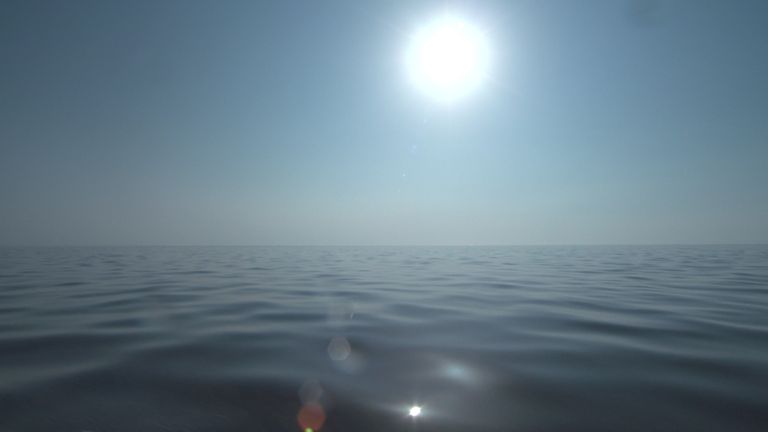
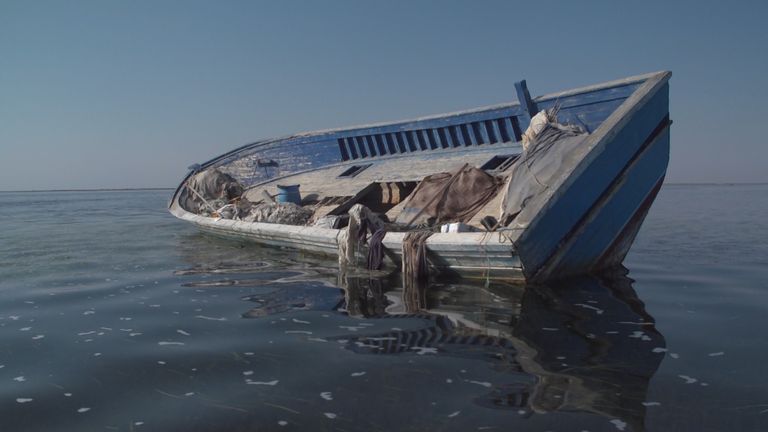
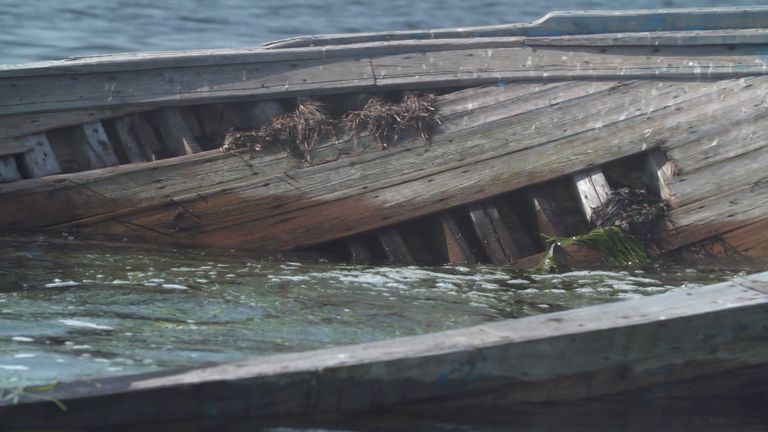
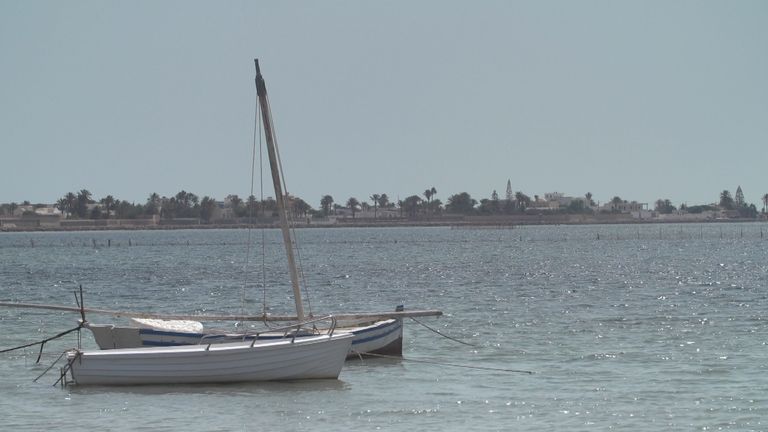
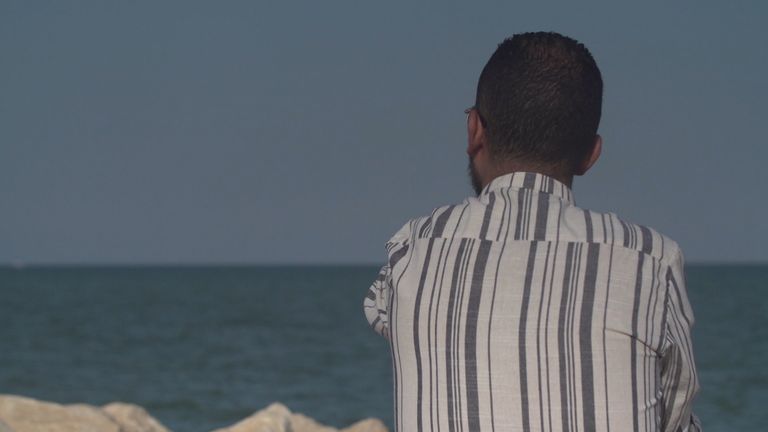

Tidak ada komentar:
Posting Komentar